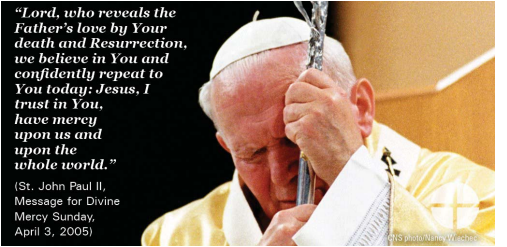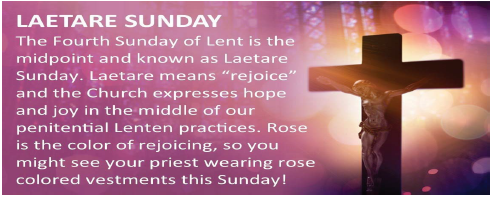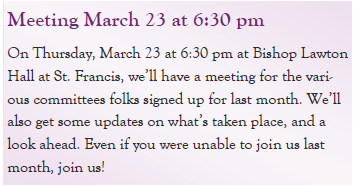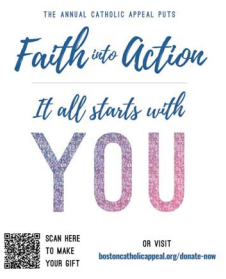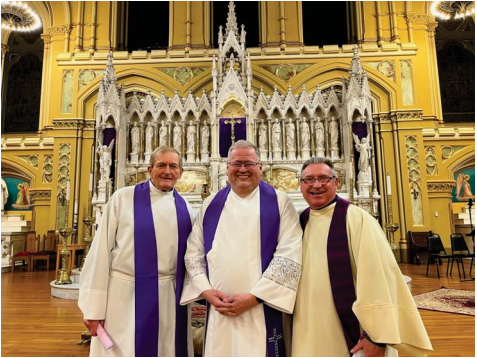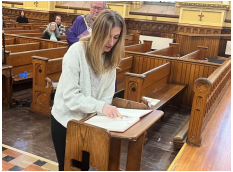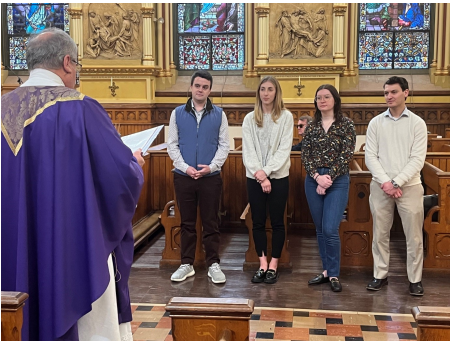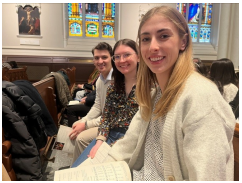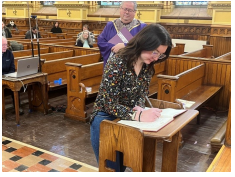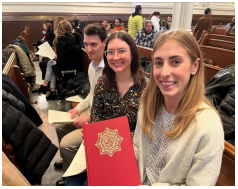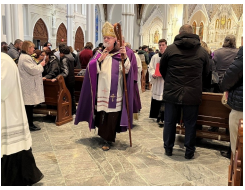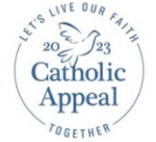From our Pastor
https://stmarystcatherine.org/wp-content/themes/osmosis/images/empty/thumbnail.jpg 150 150 Charlestown Catholic Collaborative Charlestown Catholic Collaborative https://stmarystcatherine.org/wp-content/themes/osmosis/images/empty/thumbnail.jpg
Last week I saw the play “My Fair Lady”, and I truly enjoyed it – it’s a great story, with tremendous music and acting, and it made me think how language can change everything- how words can build us up, but it can also tear us apart.
In today’s Gospel, Jesus, the great Teacher, speaks of the great truths that we celebrate these holy days with two of his disciples on their road to Emmaus, and they discover Him in the Eucharist, as their hearts burned with the hope that His resurrection would mean to us all.
We are called to share the Good News, by our words, actions, and lives- all of us can change the lives around us in God’s holy name. May the Easter message burning within us like the fire on the Easter candle attract others, not just by the brightness of its light, but by its warmth, too.

